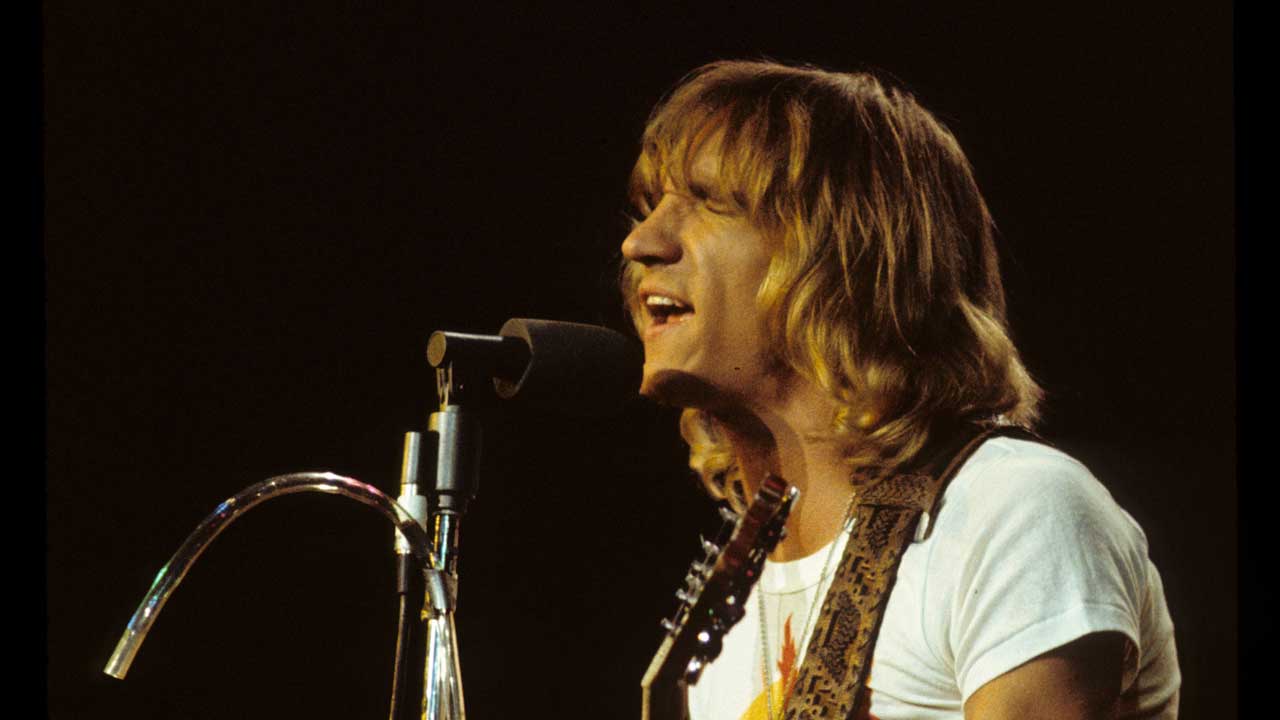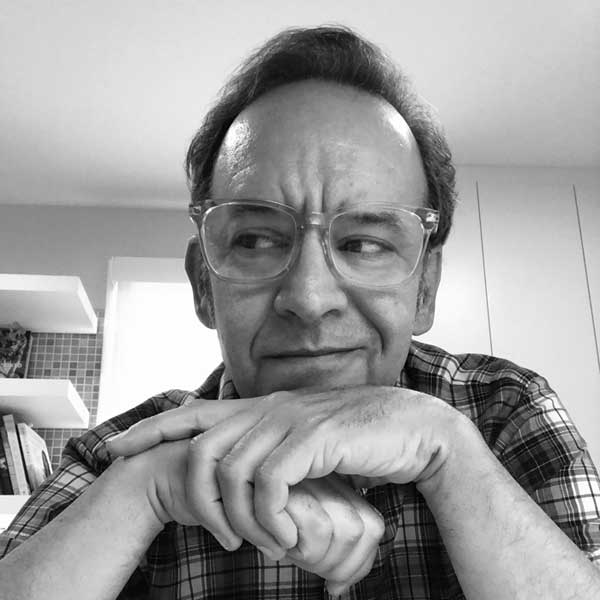The novelist Peter Matthiesen once wrote, “Mountains have no meaning; they are the meaning.”
Joe Walsh might've been having similar awe-struck thoughts when he wrote his signature hit Rocky Mountain Way.
It was spring 1972, and the then 24-year old Walsh was in a period of transition. He'd just quit his band The James Gang, while simultaneously turning down an invitation from Steve Marriott to join Humble Pie, taking Peter Frampton's place. Instead, Walsh upped stakes from Cleveland, moved out to the idyllic town of Boulder, and formed a new band called Barnstorm.
“I'd gone to Colorado because Bill Szymczyk [James Gang producer] was there and so were a whole bunch of other people I knew,” Walsh told Rolling Stone. Barnstorm's self-titled debut, recorded at Caribou Ranch in the Rocky Mountains, was influenced by the acoustic sounds of Crosby, Stills & Nash and James Taylor. It made a moderate splash, but the band wasted no time recording the follow-up.
Walsh said, “We had the Smoker album pretty much done [The Smoker You Drink, the Player You Get] except we had this one track that was an instrumental. I couldn't think of any words and everybody was patiently waiting for me to come up with something.”
Inspiration arrived one day while Walsh was mowing his lawn. “I looked up, and there were the Rocky Mountains. It was summer but you could still see snow on the back range. It just hit me how beautiful it all was, 5,000 feet up. And that was it – the words came: Spent the last year Rocky Mountain way / Couldn’t get much higher. And the second verse is about my old management – Telling us this, telling us that, time to change the batter. I got all of that at once. And I ran inside to write it down before I forgot it.”
But in his haste to scratch down the lyrics, Walsh forgot to shut off the lawn mower. He said, “It kept moving and went into the neighbour’s yard and ate her rose bushes. Cleared a little path straight through. So those lyrics wound up costing me, I don’t know, maybe fifteen hundred bucks. But it was well worth it. The neighbour, though, she was pissed. I said to her, ‘You don’t understand! I got the words!’ But she just looked at me.”
Walsh had written and recorded the instrumental track for Rocky Mountain Way with bandmates Joe Vitale, Rocke Grace and Kenny Passarelli. Now with the lyric completed, he went back in the studio with Szymczyk to finish the song. After perfecting the vocal, Walsh layered on “six or seven” guitars, arriving at that wonderfully dense texture on the rhythm part. For lead, he played slide on the fills, and for the solo breakdown section, he tried out a new toy called the Talk Box.
Walsh had borrowed the contraption from acclaimed Nashville steel guitar player Pete Drake, who'd built it himself and used it on several country songs, as far back as his own hit, Forever, in 1961. Basically, a Talk Box redirects sound from an instrument into the player's mouth via a plastic tube. The player can then shape that sound by vocalizing along with it into a microphone. In short, it looks like a beer bong and sounds like a robot.
But Walsh was frustrated by the lack of volume of Drake's invention, and had sound engineer Bob Heil build a new, rock-friendly version of the Talk Box. Famously, Heil would soon give one of those prototypes to Peter Frampton, who made it part of his signature sound in the '70s.
Rocky Mountain Way reached only #23 on the charts, but became a staple at FM radio, and has been a Walsh solo spotlight in Eagles' concerts for years. Because the lyrics mention “Casey's at bat,” a reference to a famous baseball poem, the Colorado Rockies have used the song after every home win since 1995. That's some steady royalty money for Walsh and his Barnstorm buddies. Meanwhile, the Denver Broncos football team use the song during their home games, though they prefer the cover version by Godsmack. Another prominent cover by Triumph became a hit in Canada in 1977.
Rocky Mountain inspiration aside, Walsh said the success of the song is more down-to- earth. “One of the the things that makes the song magic is it's a bunch of guys playing together in a room. That's a groove you can't do with computer software.”

